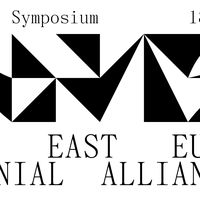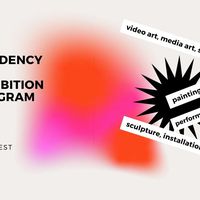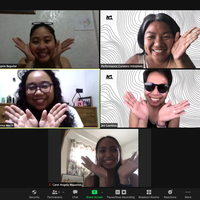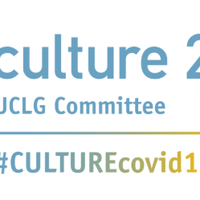Culture at Crossroads: What Collaboration Do We Want in Eastern Europe? | Interview with Tereza Stejskalová
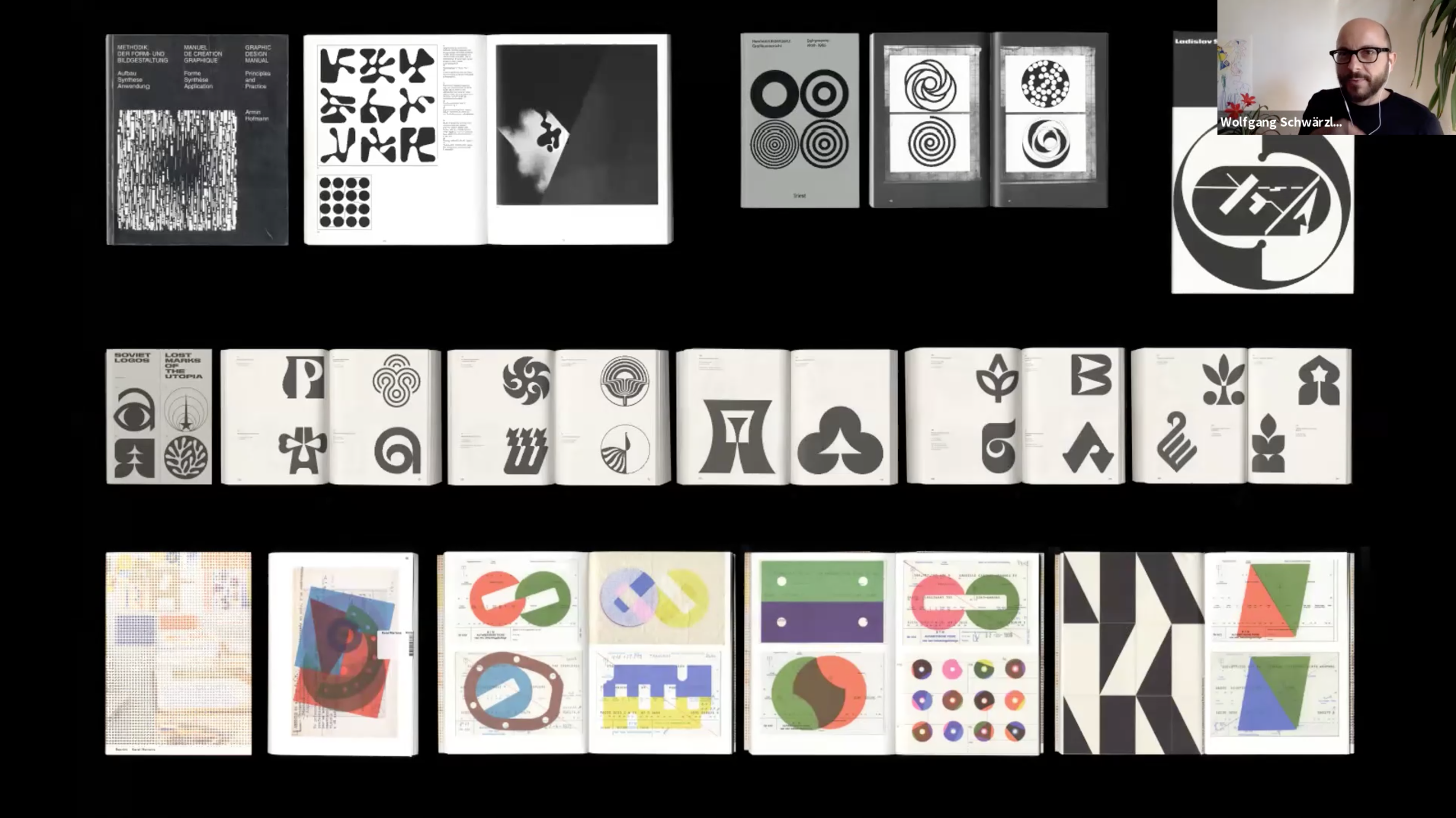
As part of culture360 media partnership with the East European Biennale Alliance (EEBA), we have interviewed Tereza Stejskalová, the curator and host of the Symposium Culture at Crossroads: What Collaboration Do We Want in Eastern Europe? to hear about the key ideas shared during the event.
Why a Biennale Alliance for Eastern Europe? What was the thinking behind it?
We share the same goals. We try to open up other alternative ways of institution-making through the biennale format. That's how we all met together, at a symposium in Prague titled Unlearning Biennale. We realised that we share some basic thinking about the biennale format and that we share social and political conditions related to our position on the European periphery. That led to the idea of doing something together. For us a biennale is more like a partisan tool, a format you can fill in with your own locally meaningful and socially engaged cultural strategies and visions and, simultaneously, it is a tool to connect with different localities beyond the nation state. We are all part of grassroot initiatives and our curatorial work is usually done collectively. We are also interested in alternative ways of political mapping to go beyond the EU/non-EU border.
.
What were the most important ideas that came out of the Symposium?
Different models of international collaborations between institutions. An interesting proposal came for instance from OFF–Bienále Budapest who have been collaborating with the new curatorial team of Documenta (Ruan Grupa) from Indonesia. Ruan Grupa talks about “lumbung” - a village agricultural tradition. The world means “rice barn” but names a principle in which farmers share together surplus from their harvests as resources for everyone from the village. That was a very interesting idea which resonates with our way of thinking.
In the current Covid-19 context, do you think the arts sector in Eastern Europe can offer a different approach to collaborations and exchanges to the rest of Europe and beyond?
It might be the vision of transnational collaboration that is based on mutual solidarity, common political commitment and sharing of resources, not primarily on opportunities for funding. There are examples of such initiatives in culture, but there are very few. We have existed for too short of a time to be able to actually realize this vision but this is the goal as I see it.
Can Covid-19 help us to reset and focus more on what is nearer to us, our local communities?
It has already happening. The events which we organize, provided they can take place physically, are naturally more focused on local audiences given the restrictions of travel. This is good, it is always good to act meaningfully in the local context and not to be an organisation with a programme which can very well exist anywhere. However, here, in Eastern Europe the local can also be a trap, we need international connection for survival.
Is it still important to collaborate internationally or as the pandemic taught us that we should look nearer first before going far?
Yes, it is specially important for organisations like ours. In the face of the current challenges (COVID-19 pandemia and its impact on culture, conservative backlash, climate change), to collaborate across national boundaries may be for us, socially engaged, left-oriented institutions, initiatives, platforms, organizations, the only way to survive. Such collaboration may prove to be decisive for us to survive financially, politically but also psychologically.
What are the future plans for the Biennale Alliance in the coming months?
We meet regularly on online platforms to discuss future collaborations. Our plan is to collaborate on each of the editions of the respective biennale. The next one is OFF–Bienále in Budapest and then Kiev Biennale which will take place during the spring next year. But it all depends on the situation with the pandemic, possibilities of travel and what kind of events it will be possible to organise.
More info: matterof.art
Below is the full recording of the Symposium:
Culture at the Crossroads | Online Symposium by East Europe Biennial Alliance | 18. 9. 2020 from Biennale Matter of Art on Vimeo.

